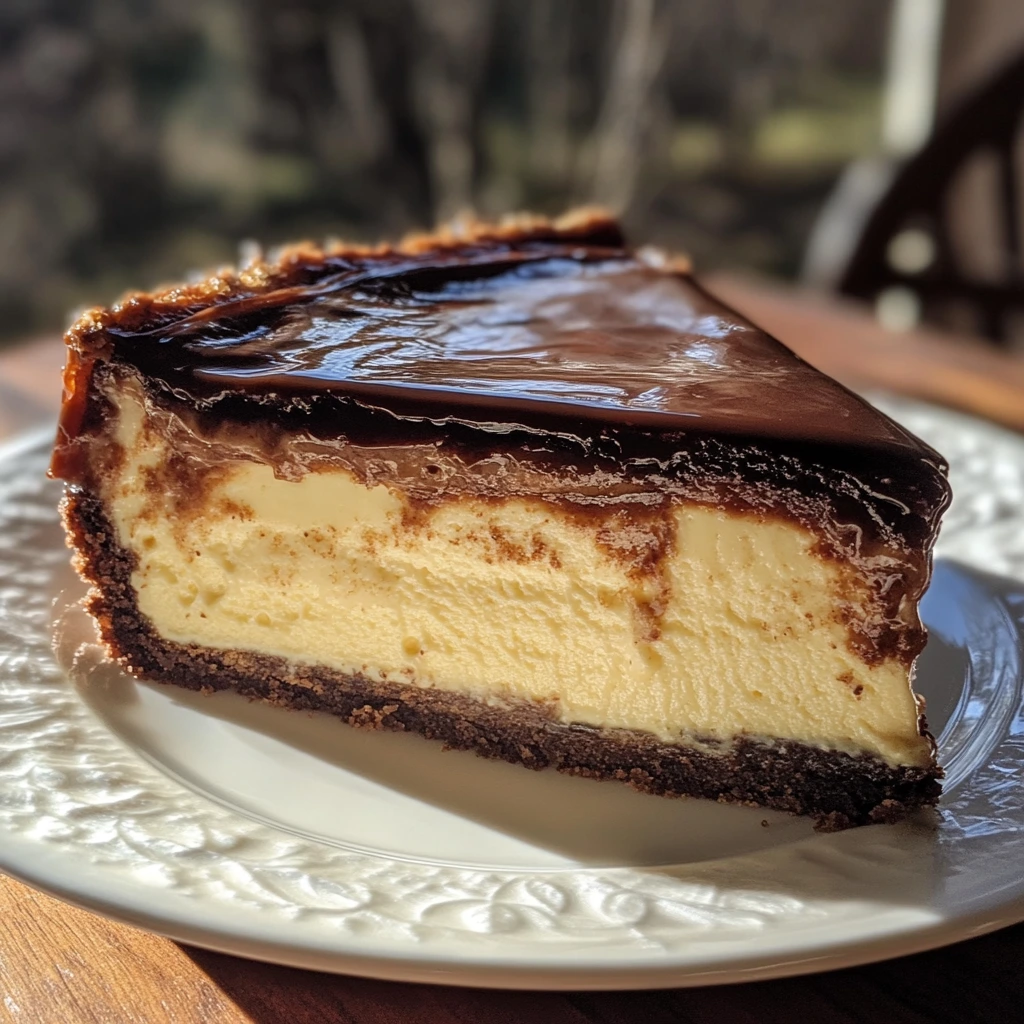Table of Contents
Is the Future: Delicious, Sustainable, and Cruelty-Free!


Vegan cheese is revolutionizing the way we think about food, offering a delicious, sustainable, and cruelty-free alternative to traditional dairy. Whether you’re already on a plant-based diet or simply curious about eco-friendly options, vegan cheese is becoming an increasingly popular choice. In this article, we’ll explore why vegan cheese is the future, focusing on its mouthwatering flavors, its role in promoting sustainability, and its ethical advantages. We’ll also take a look at the growing demand for vegan cheese and how to easily incorporate it into your daily meals.
The Delicious Plant-Based Alternative to Dairy
Gone are the days when vegan cheese was seen as a tasteless or rubbery substitute for dairy. Thanks to innovative recipes and high-quality ingredients, today’s vegan cheese is bursting with flavor and texture, often rivaling its dairy counterparts. From creamy vegan mozzarella to tangy plant-based cheddar, vegan cheese is crafted from a variety of natural, plant-based sources like nuts, seeds, soy, and even root vegetables.
One of the biggest misconceptions about vegan cheese is that it lacks the richness or versatility of dairy cheese. However, many vegan brands have mastered the art of recreating the complex flavors of aged cheeses, smoky varieties, and even crumbly feta. Brands like Miyoko’s Creamery and Violife have perfected the process, using fermentation and natural flavorings to give their vegan cheeses the same depth as dairy options. This means that whether you’re making a gooey pizza, a savory charcuterie board, or a classic grilled cheese sandwich, vegan cheese can satisfy even the most discerning palate.
What makes vegan cheese even more appealing is its suitability for those with dietary restrictions. Vegan cheese is naturally lactose-free, making it an excellent choice for people with lactose intolerance or dairy allergies. Additionally, many vegan cheeses are gluten-free and soy-free, catering to those with various food sensitivities.
In short, vegan cheese is not just a viable substitute for dairy—it’s a delicious option that more and more people are embracing. Its creamy, melty, and savory qualities make it perfect for any recipe that calls for cheese, opening up a world of culinary possibilities.
Sustainable Eating: How Vegan Cheese Supports a Greener Future
One of the most compelling reasons to choose vegan cheese is its significantly smaller environmental footprint. The production of dairy cheese is resource-intensive, requiring large amounts of water, land, and feed for livestock. Moreover, dairy farming is a major contributor to greenhouse gas emissions, particularly methane, which exacerbates climate change.
Switching to plant-based cheese helps reduce environmental impacts. Plant-based cheese production uses fewer resources compared to dairy farming, resulting in lower water usage, land degradation, and greenhouse gas emissions. For example, producing a kilogram of plant-based cheese typically requires far less water than a kilogram of dairy cheese, which can take up to 5,000 liters due to the demands of animal agriculture.
Additionally, plant-based cheese ingredients such as nuts, seeds, and legumes often come from sustainable sources that have a lower carbon footprint than the dairy industry. Many vegan cheese companies are committed to sourcing organic, non-GMO ingredients and packaging their products in eco-friendly materials, further reducing their environmental impact. Brands like Treeline and Kite Hill are pioneering these practices, showing how food production can be both delicious and environmentally responsible.
As more consumers become aware of the environmental consequences of their food choices, plant-based cheese is poised to play a key role in the shift toward sustainable eating. By opting for plant-based cheese, individuals can reduce their carbon footprint, conserve water, and promote a more sustainable future—all while enjoying delicious food.
Cruelty-Free and Compassionate: The Ethical Benefits of Vegan Cheese
The ethical advantages of vegan cheese go hand in hand with its environmental benefits. Choosing vegan cheese means opting for a cruelty-free lifestyle, as it eliminates the need for animals to be involved in the production process. Dairy farming often involves the exploitation of cows, who are kept in confined spaces, subjected to repeated pregnancies, and separated from their calves at birth. The dairy industry also raises concerns about the treatment of cows, including health issues and stressful living conditions.
Plant-based cheese provides a compassionate alternative that aligns with the values of those committed to animal welfare. By eliminating animal products, plant-based cheese enables consumers to enjoy their favorite cheesy dishes without contributing to the harm and exploitation of animals. This is a significant reason many people transition to a plant-based diet—not only for health or environmental reasons but also to support a more humane and cruelty-free food system.
Moreover, the rise of plant-based cheese reflects a broader cultural shift toward plant-based and ethical eating. As awareness increases regarding the impact of food choices on animals, more individuals are seeking alternatives that align with their values. Plant-based cheese is at the forefront of this change, providing a satisfying and compassionate option for cheese lovers everywhere.
The Growing Demand for Vegan Cheese in a Plant-Based World
Plant-based cheese is no longer a niche product found only in health food stores or specialty markets. Its popularity is surging, with an increasing number of consumers adopting plant-based diets for health, environmental, and ethical reasons. In fact, the global plant-based cheese market is expected to grow significantly in the coming years, fueled by the demand for more sustainable and ethical food options.
Several factors contribute to this rising demand. Firstly, growing awareness of the environmental and ethical issues associated with dairy has sparked interest in plant-based alternatives. Secondly, improvements in the taste, texture, and availability of plant-based cheese have made it a more accessible and appealing option for both vegans and non-vegans alike. Lastly, the rise of flexitarianism—a diet that emphasizes plant-based foods without fully eliminating animal products—has encouraged many consumers to cut back on dairy in favor of plant-based options.
The mainstream success of plant-based cheese is evident in its availability at major grocery chains, restaurants, and online platforms. Brands like Daiya and Follow Your Heart are now found in supermarkets nationwide, while popular restaurants and fast-food chains are incorporating plant-based cheese into their menus. This widespread availability makes it easier than ever for consumers to make the switch.
As more people embrace plant-based eating, plant-based cheese is well-positioned to become a staple in kitchens around the world. The growing demand clearly indicates that plant-based cheese is here to stay—and that the future of cheese is plant-based.
How to Incorporate Vegan Cheese into Your Everyday Meals
One of the best aspects of plant-based cheese is its versatility. Whether you’re an experienced plant-based eater or just starting to explore veganism, there are countless ways to incorporate plant-based cheese into your daily meals. From breakfast to dinner, it can add a delicious cheesy touch to any dish.
Start your day with a hearty breakfast sandwich featuring plant-based cheddar slices, or spread creamy vegan cream cheese on your morning bagel. For lunch, replace traditional dairy cheese in your sandwich or salad with a plant-based alternative like Violife Feta or Chao Slices. If you’re craving a warm and comforting meal, plant-based cheese is perfect for making mac and cheese, lasagna, or a melty quesadilla.
For those who enjoy entertaining, plant-based cheese can take center stage on your charcuterie board, paired with fruits, crackers, and plant-based meats. And during pizza night, you won’t even miss dairy cheese once you try plant-based mozzarella that melts and stretches beautifully.
Be sure to explore the wide variety of plant-based cheese products available, from shredded cheese and block cheese to spreads and dips. No matter your culinary preferences, there’s a plant-based cheese that will meet your needs, making it easy to enjoy plant-based, cruelty-free alternatives in every meal.
FAQs
- What is vegan cheese made from?
Vegan cheese is made from plant-based ingredients such as nuts, seeds, soy, and coconut oil, often combined with natural flavorings and fermentation processes to create a cheesy taste and texture. - Does vegan cheese melt like dairy cheese?
Yes, many vegan cheese brands are specifically formulated to melt, stretch, and bubble, making them perfect for dishes like pizza, grilled cheese, and casseroles. - Is vegan cheese healthier than dairy cheese?
Vegan cheese can be healthier as it is often lower in saturated fat and cholesterol-free. However, the nutritional profile varies between brands, so it’s essential to check labels for fat, sodium, and calorie content. - Can I cook and bake with vegan cheese?
Absolutely! Vegan cheese can be used in a variety of recipes, including baked dishes like lasagna, mac and cheese, and pizza. Many vegan cheeses melt and cook just like dairy cheese. - Where can I buy vegan cheese?
Vegan cheese is widely available in most grocery stores, specialty health food stores, and online platforms like Amazon and Thrive Market, making it easy to find your favorite brands and flavors.






